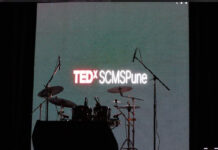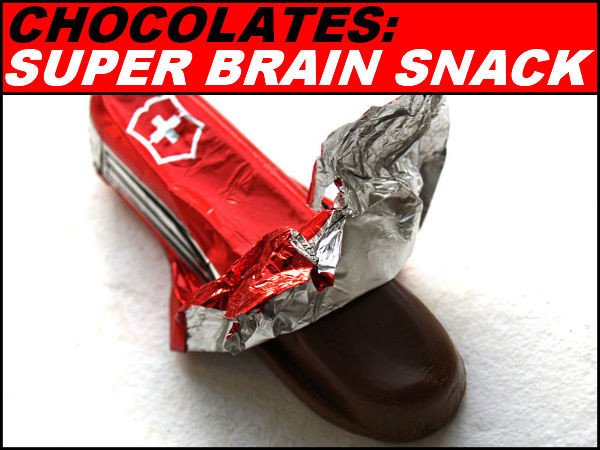Eating more chocolate improves a nation’s chances of producing nobel prize winners.
But how much chocolate do nobel laureates eat, and how could any such link be explained?
Many famous scientists, started wondering about the power of chocolate after reading that cocoa was good for you.
One paper suggested regular cocoa intake led to improved mental function in elderly patients with mild cognitive impairment, a condition which is often a precursor to dementia.
There is data found to be in rats showing that they live longer and have better cognitive function when they eat chocolate, and even in snails you can show that the snail memory is actually improved.
So, if we take number of nobel prize winners in a country as an indicator of general national intelligence and compared that with the nation’s chocolate consumption. The result is striking.
When you correlate the two- the chocolate consumption with the number of noble prize laureates per capita-there is an incredibly close relationship.
“This correlation has a ‘P value’ of 0.0001”. This means there is a less than one-in-10,000 probability of getting results like these if no correlation exists. It might not surprise one that switzerland came top of the chocolate fuelled league of the intelligence, having both the highest chocolate consumption per head and also the highest number of nobel laureates per capita.
Sweden, however was an anomaly. It had a very high number of nobel laureates but its people consumed much less chocolate on average. The nobel prize obviously is donated or evaluated in sweden(apart from the peace prize) so I thought that the sweden might have a slightly patriotic bias. The swiss eat the most chocolates…….and have been rewarded with the most nobel prize, per head of population.
“Or the other option is that the swedes are excessively sensitive and only small amount stimulate greatly their intelligence, so that might be the reason that they have so many nobel prize laureates”.
The unscientific survey was conducted to ascertain just how much chocolate nobel laureates ate.
Christopher Pissarides, from the London School of Economics, reckons his chocolate consumption laid the foundations for his nobel prize for Economics in 2010.
Throughout my life, ever since I was a young girl, chocolate was part of my diet. I would eat it on daily basis. It’s one of the things I eat to cheer me up. To win a nobel prize one have to produce something that others haven’t thought about-chocolate that makes one feel good might contribute a little bit. Ofcourse it’s not the main factor but….anything that contributes to a life then contributes to the quality of one’s work.
However, Rolf Zinkernagel- the largely Swiss-educated 1996 nobel prize winner for medicine-bucks his national trend says “I am an outlier, because I dont eat more than and never have eaten more than -half a kilogram of chocolate per year”. Grubbs’ countryman, Eric Cornell, who won nobel prize in physics in 2001,on the other hand told that his success to the very large amount is because of chocolate that he consume. Personally, he feel that milk chocolate makes you stupid… dark chocolate is the way to go. But while the japanese clearly enjoy a cocoa- based snack, their chocolate consumption is relatively low- as is their nobel prize haul.
When you see a correlation, you do think is causation in one way or another. And in general it’s absolutely true. But here we have classic example where we cannot find a good reason why these two correlate so closely.




































